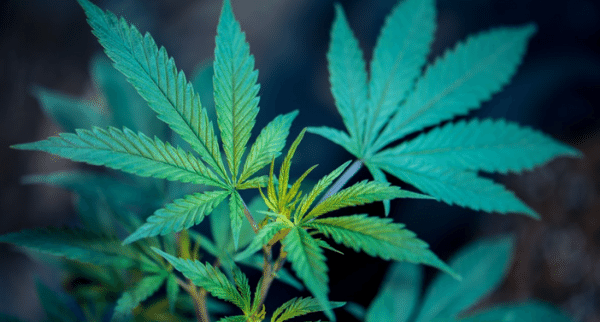CANADIAN BORDER: Canada has Legalized Cannabis – What Does This Mean for Companies and Professionals in the Industry?
On Wednesday, October 17th, 2018, Canada became the second country in the world to legalize the possession and consumption of recreational cannabis. The new law makes it legal for Canadians to possess up to 30 grams of cannabis for personal consumption, and allows the provincial and territorial governments to control how cannabis is sold and distributed. However, the law also has wide ranging and still unknown impacts on people and companies involved in the cannabis industry when it comes to crossing the border.
Because there are so many questions, and the law is still new, people crossing the border should consult an immigration lawyer, especially if they intend to work or participate in the industry while traveling.
This article will discuss the potential impact of the new legislation on three groups: Canadians participating in the cannabis industry and traveling to the US, Canadian companies looking to hire foreign workers, and foreign workers looking to come to Canada to work in the cannabis industry.
Canadian Cannabis Workers
There has been a lot of conflicting information released about how the United States Customs and Border Protection (CBP) agency would treat Canadian workers participating in the legal cannabis industry if they attempted to cross the border. While nine US states have legalized recreational use, and 31 allow for medical use, the drug still remains a Schedule I controlled substance under US federal law. Before legalization, much of the concern was that people working for cannabis companies would be deemed inadmissible regardless of their reasons for entering the US, or their role within the company.
More recently, CBP has released a statement saying that, in most cases, workers will be deemed admissible if the purpose of their trip is for pleasure. However, if they are traveling for work related to the cannabis industry, they may be deemed inadmissible.
Canada has also announced plans to fast-track pardons for Canadians who have been convicted of minor marijuana related crimes, such as possession under 30g. However, the CBP said during a press conference that they do not recognize Canadian amnesty, and that Canadians who receive a pardon will still be deemed inadmissible. If you receive a pardon and intend to enter the US, you should consult with an immigration lawyer.
Canadian Companies Attracting Foreign Talent
Legal cannabis promises to create a whole new industry in Canada that will have a big economic impact, both by creating new businesses and driving tax revenue for governments. However, the nature of this new industry, the rapid growth currently being experienced, and the fact that it is still in its very early stages, has meant that Canadian companies have faced a shortage of labour.
Some cannabis companies are having difficulties filling positions ranging from entry level harvesting roles to high level and executive positions. As a result, they are applying to the Canadian Temporary Foreign Workers program and completing Labour Market Impact Assessments (LMIA) to be able to hire foreign workers. However, it is important that these companies fully understand the impact this will have on the worker once their contract is complete and they return back to their home country. In countries where it is illegal, workers may face difficulties and legal issues upon returning home.
These issues remain unresolved and unclear, and companies should attempt to ensure they are not putting employees in harm’s way, especially as more traditional consumer companies begin entering the cannabis market through avenues such as edibles or cannabis infused beverages.
Foreign Workers Coming to Canada
Because cannabis is legal, foreign workers can come to Canada in the same way they would any other job. In most cases, the company must receive a positive LMIA, and the worker must have the proper work permits and documentation to be able to work in Canada.
However, the fact remains that cannabis is treated differently in other countries, and workers should be careful to confirm that they will not have problems crossing back into their home country once their work permit has expired. It is possible, for example, that a worker could arrive in Canada, legally work in the cannabis industry, and face issues or even charges when returning home.
In the US, where the drug is classified in the same category as heroin, LSD, and ecstasy, even admitting to past use can be a major issue at the border, and participating in the industry may be viewed as drug trafficking by CBP agents, even if no physical marijuana is brought across the border. Foreign workers should absolutely consult with an immigration lawyer and have a full understanding of their local laws before coming to Canada to work in the cannabis industry.
There Are Still Many Unknowns for Workers in Canadian Cannabis Companies
While there has been some recent clarity around how Canadian cannabis workers will be treated at the US border, there are still a lot of unknowns as the new law comes into full effect. The best advice is to enlist the help of a licensed and skilled immigration lawyer to reduce the risk of unexpected issues crossing the border. Canadian companies, lacking skilled talent, will be hiring foreign workers as the industry rapidly grows. This means that these issues will be in the spotlight as Canada, the US, and other countries enforce policies and adapt to the realities of the new legislation.
Ashley Fisch B.A., J.D. is an Associate at Kaminker & Associates Immigration Law in Toronto, Ontario, Canada




Leave a Reply